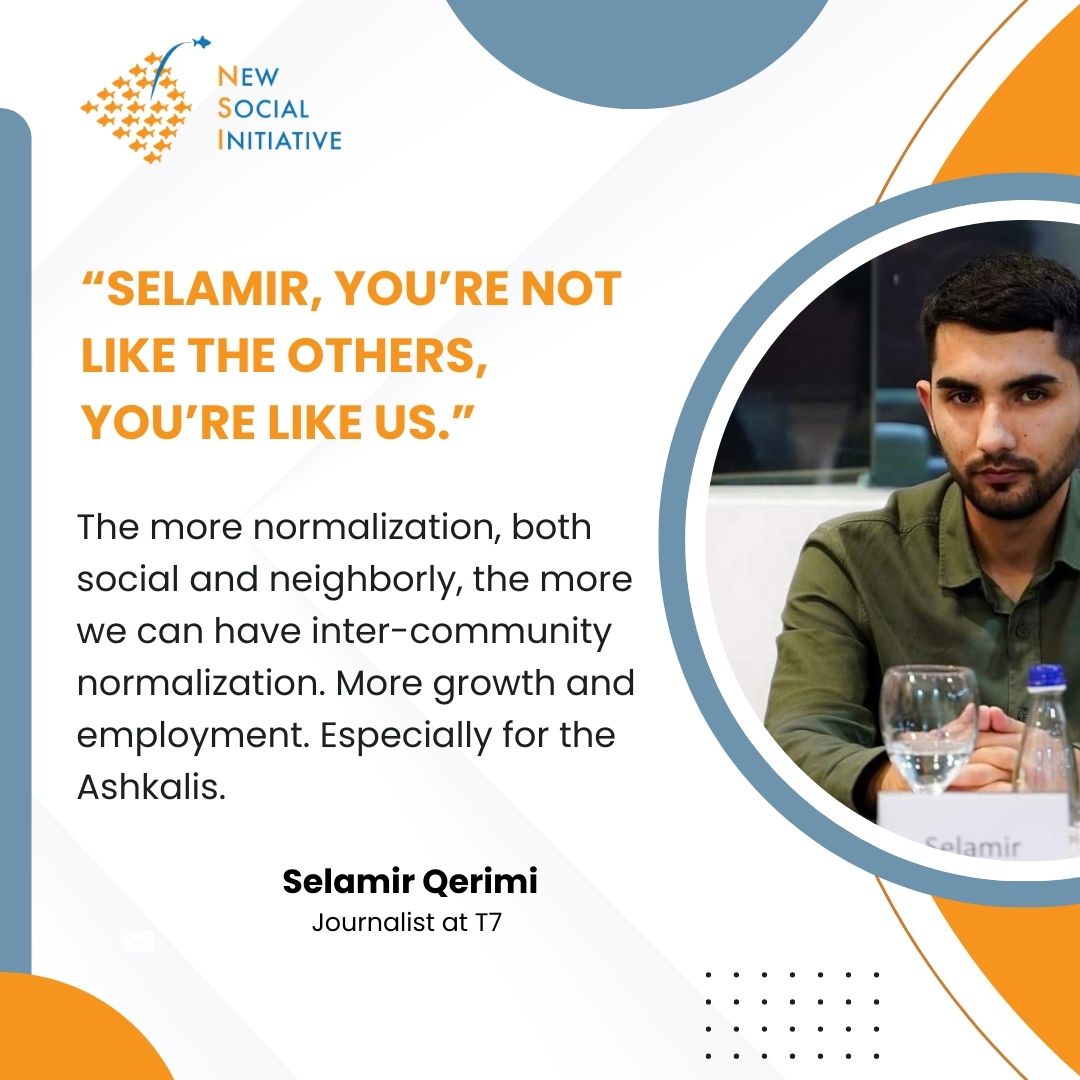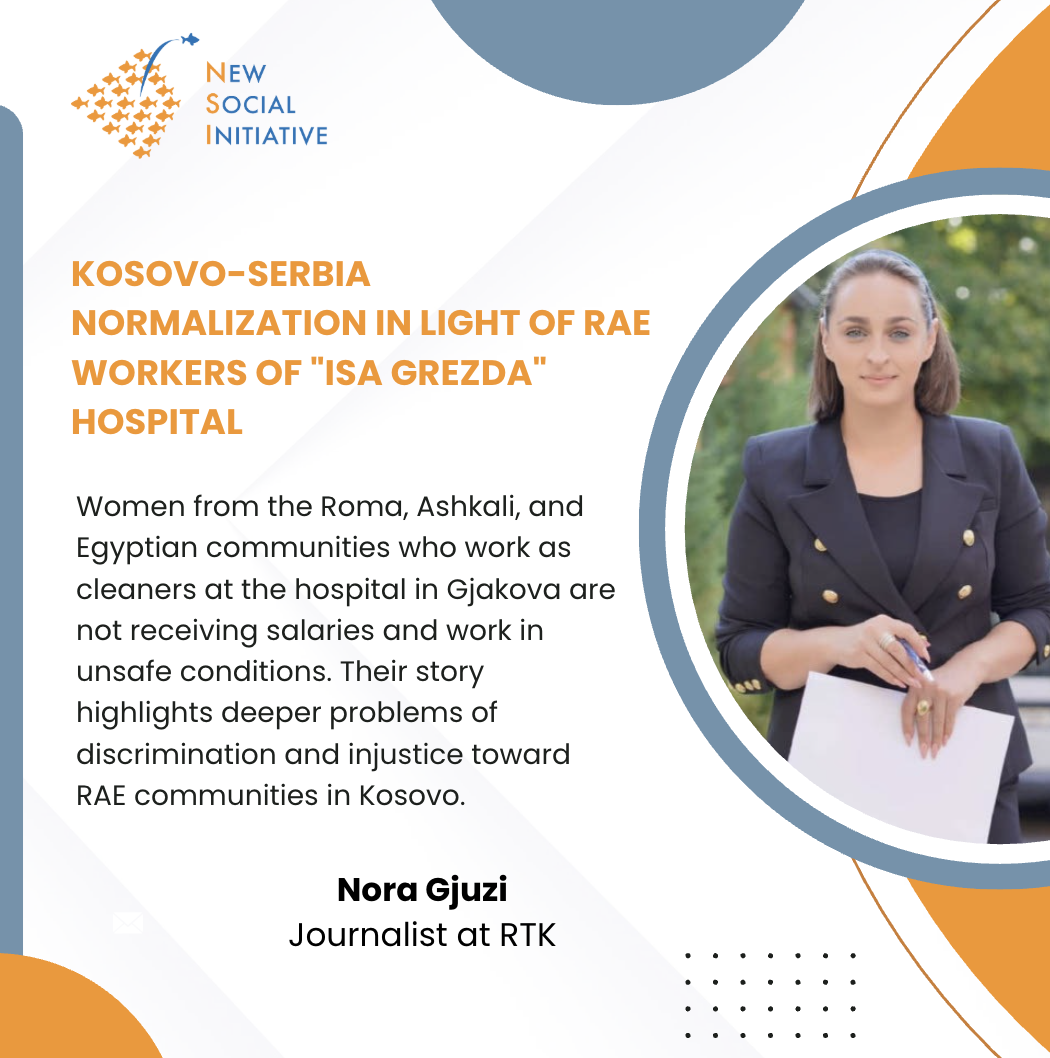The experience shows: it is easier to reach an agreement between Kosovo and Serbia than implement it. To anyone who is a bit more familiar with the political situation in Kosovo, it is clear that Kurti and Vučić will do all they can (which is a lot) to buy time and not implement the “French-German Agreement,” or at least those bits that do not fit them.
I assume that the European dialogue mediators were ecstatic by the agreement on license plates. Although the problem is a banal one, it was this problem that had almost jump-started a war, which is why the “European excitement” should not come as a surprise since we, the decision consumers, are supposed to be satisfied.
However, if we take a superficial look at the agreement, we can see that the license plates are but one of the topics to be solved, and certainly does not qualify among the most important ones. If we assume that Vučić and Kurti will attempt to avoid implementing the agreement, the question arises as to which moves they will make to achieve this.
First, Kurti. His toughest task is certainly the formation of the Community of Serb Municipalities. Not going into the merit of the matter – the Brussels agreements, both first and second, the formal support of two thirds of the Kosovo Assembly, great pressure of the European Union and the United States of America – formation of the Community of Serb Municipalities seems like an inevitable and unstoppable process.
However, Kurti owes his significantly high ratings to the conflict with Serbia and Serbs, his intransigence on the rights of Serbs in Kosovo, politics of reciprocity (which gives results), and finally not accepting to form the Community. Here is a brief reminder of the Self-Determination’s campaign: “Zajednica nuk kalon” (Community shall not pass), Bosnification of Kosovo – Community as the Republic of Srpska, which would make Kosovo “a non-functioning state, such as Bosnia and Herzegovina.”
What I heard from, as journalists like to call them, well-informed sources, is that Kurti and/or Kosovo Assembly will address the Constitutional Court of Kosovo for an opinion on the proposed Statute of the Community of Serb Municipalities. This is a way for Kurti to buy five or six months of doing nothing, regardless of what the Constitutional Court says in their decision.
Lack of doing anything will be related to the Community of Serb Municipalities, but not other, always anti-Serb measures of the Kosovo government. One such measure will take place in February – removing the dinar from the payments system in Kosovo.
We are nearing the end of this year when the pre-election phase in Kosovo is slowly ramping up. In this phase, not even those most optimistic can expect such a major deal as the formation of the Community of Serb Municipalities. As a reminder, elections are coming up this year in the European Union and the United States of America, during which the main international stakeholders will be occupied with their own priorities, and not Kosovo and Serbia.
Without forming the Community of Serb Municipalities, the “French-German agreement” does not exist. This would be yet another serious defeat for the Brussels administration in the Western Balkans. One might say that Brussels will not be too upset over that defeat, for they do not live in the Balkans. One would be correct to assume so, but in today’s complicated global relations, I would not call the defeat utterly irrelevant.
Kurti, of course, has another tool at his disposal in order to delay the implementation of the agreement. He can call for early parliamentary elections and spend the fall in doing so. Kurti will do this as means of last resort, since he wants to be the first Prime Minister of Kosovo to survive the full four-year term in office.
Albin Kurti and his Self-Determination do not want to do anything that might ease the lives of Serbs in Kosovo. They showed it by governing thus far, and they do not have a problem with the fact that Serbs are moving out of Kosovo. International stakeholders ought to know this.
Now, on to Vučić. Although his (the mean ones might say former) catch-all party and electorate are mostly right-wing and conservative, and I would also add populist, any deal with Albanians (but also Croats, Bosniaks, etc.) is met with negative emotions, to say the least.
Vučić played the delay card multiple times. Accepting, but not signing the French-German agreement, using the Srpska List in terms of leaving the government cabinet of Kosovo, then the departure of Serbs from the police and judiciary, using the municipalities in the North of Kosovo, the case of Banjska/Banjskë (whether he did have anything to do with it or not), are merely some of the moves that contributed to delaying the agreement implementation.
All that is left for him is the formation of the government cabinet of Serbia, and elections in Serbia in May as an excuse for delays. Kurti and Vučić must, in the words of cards players, play along each other’s hands to not implement the agreement, while not making it seem as if they cooperate.
Indeed, they are a perfect match for each other.











